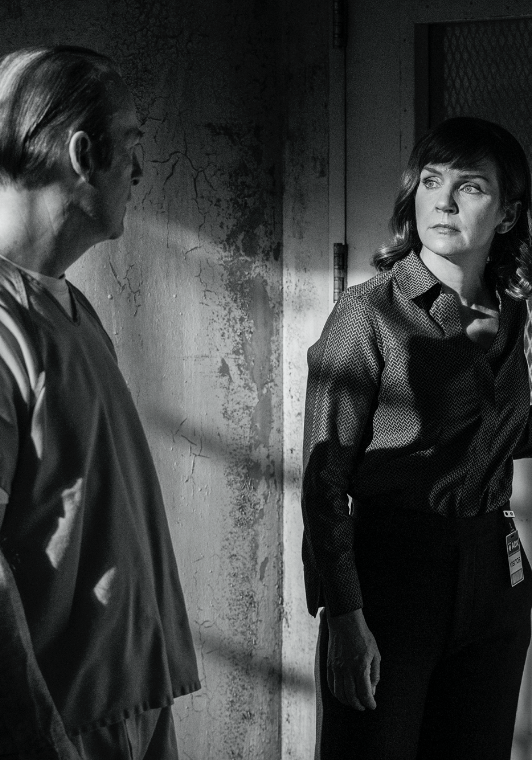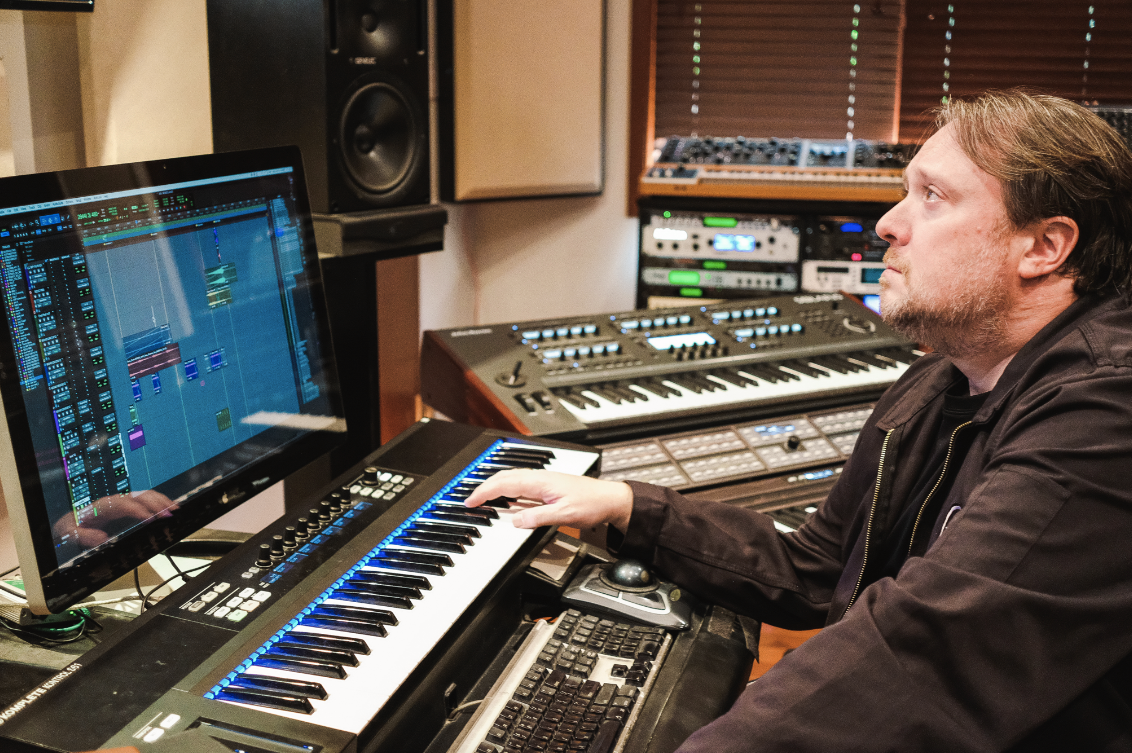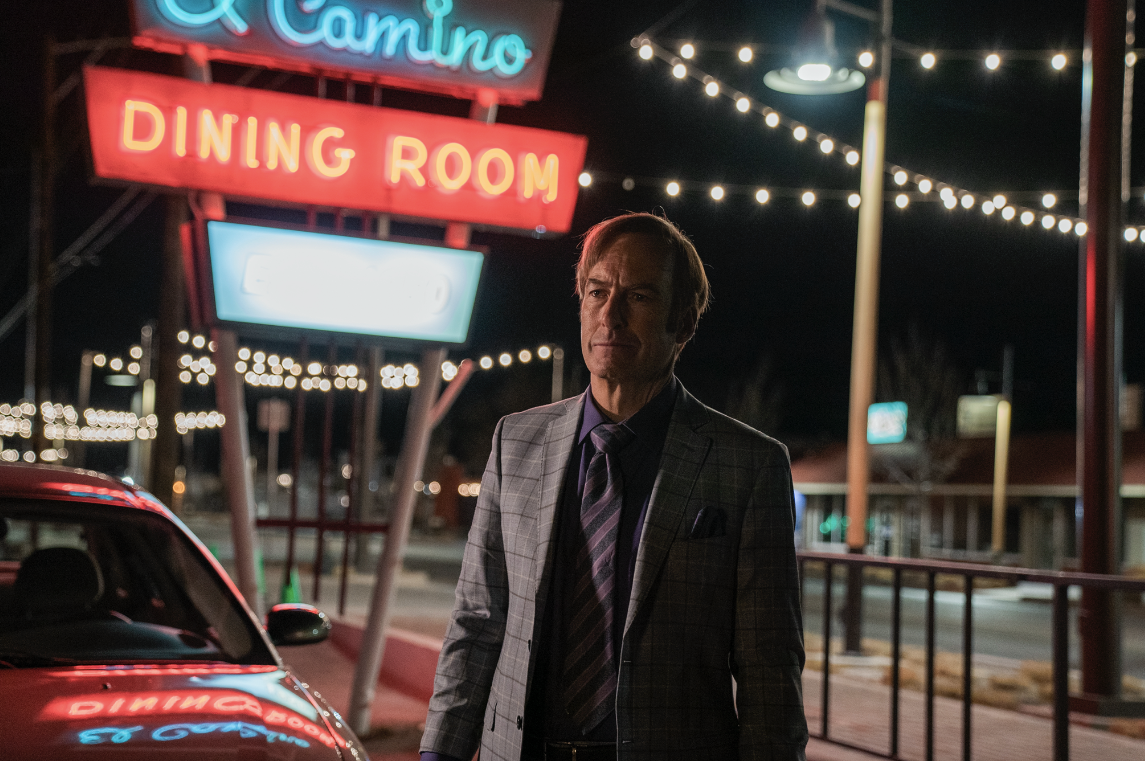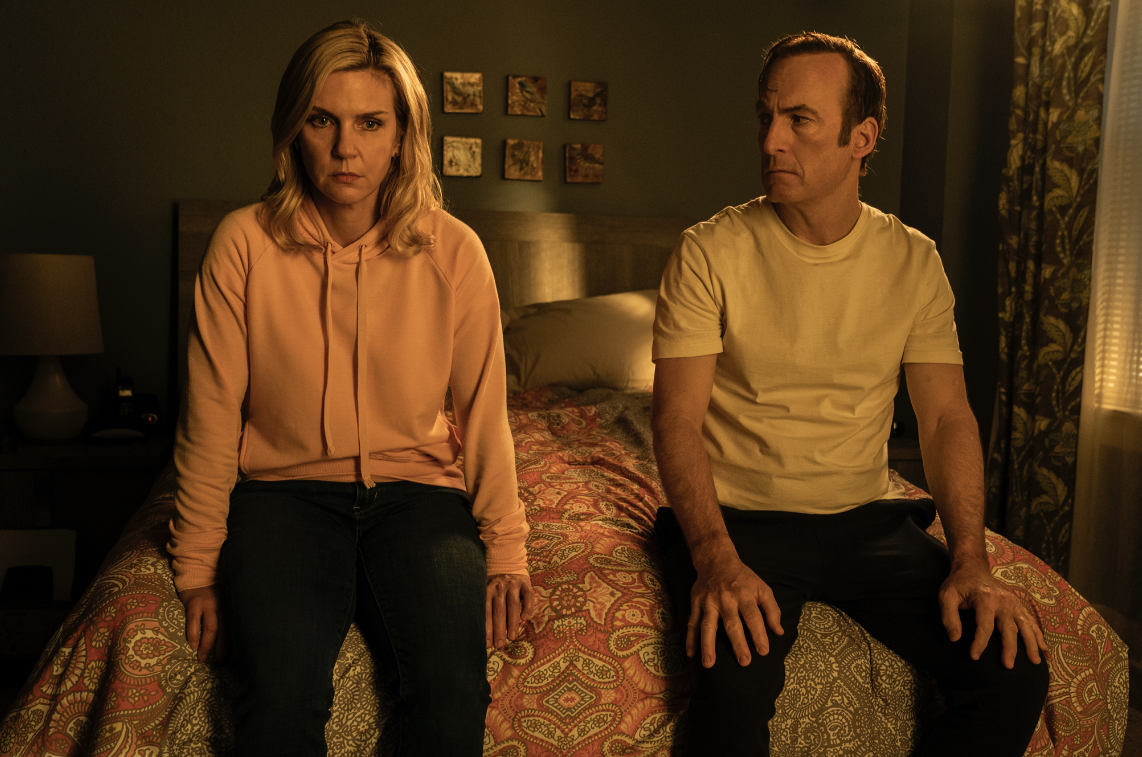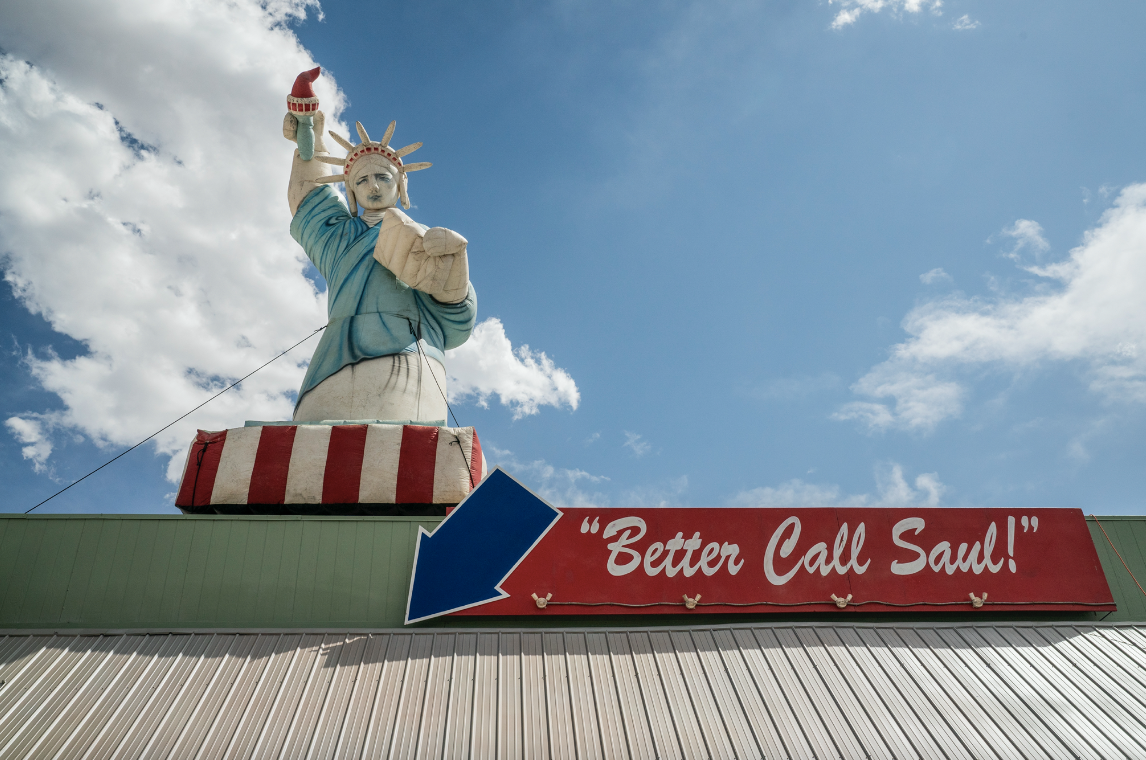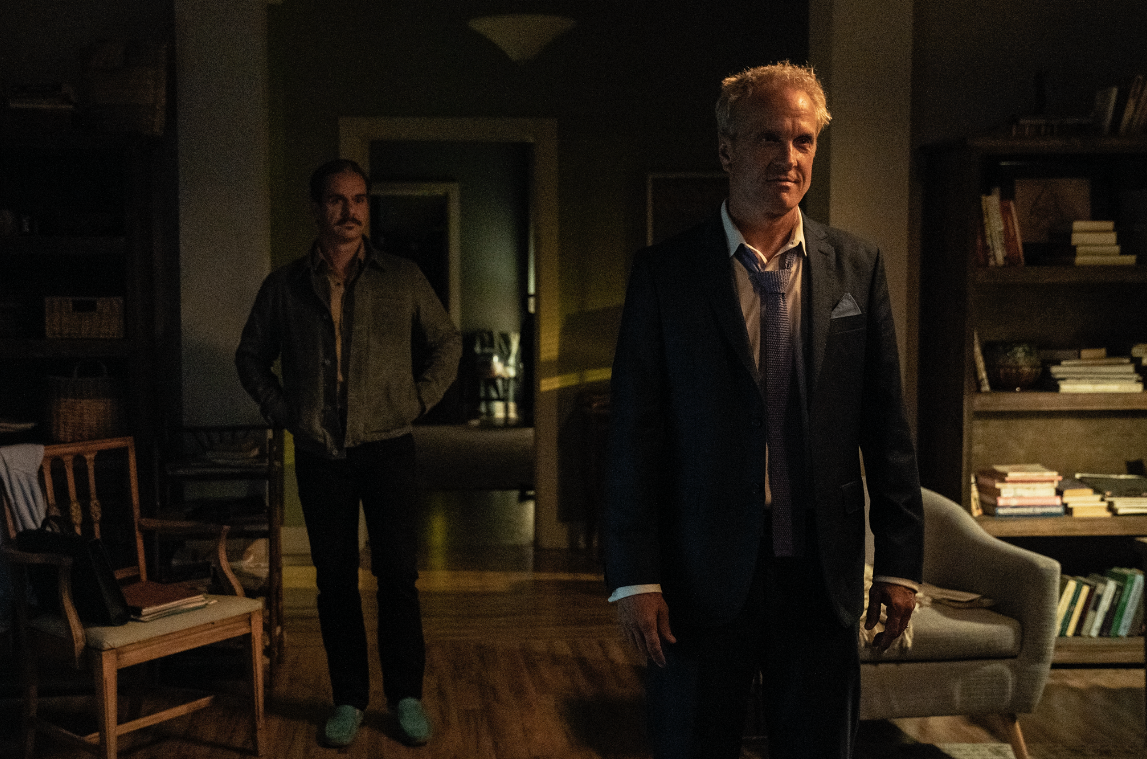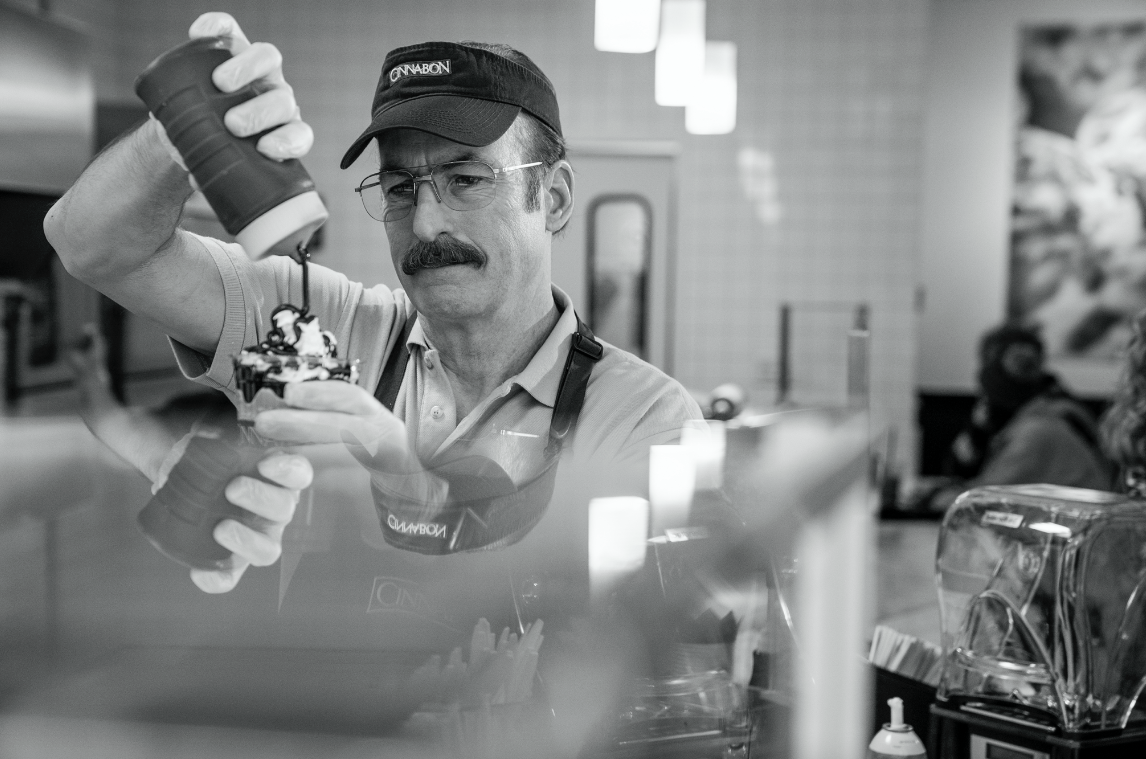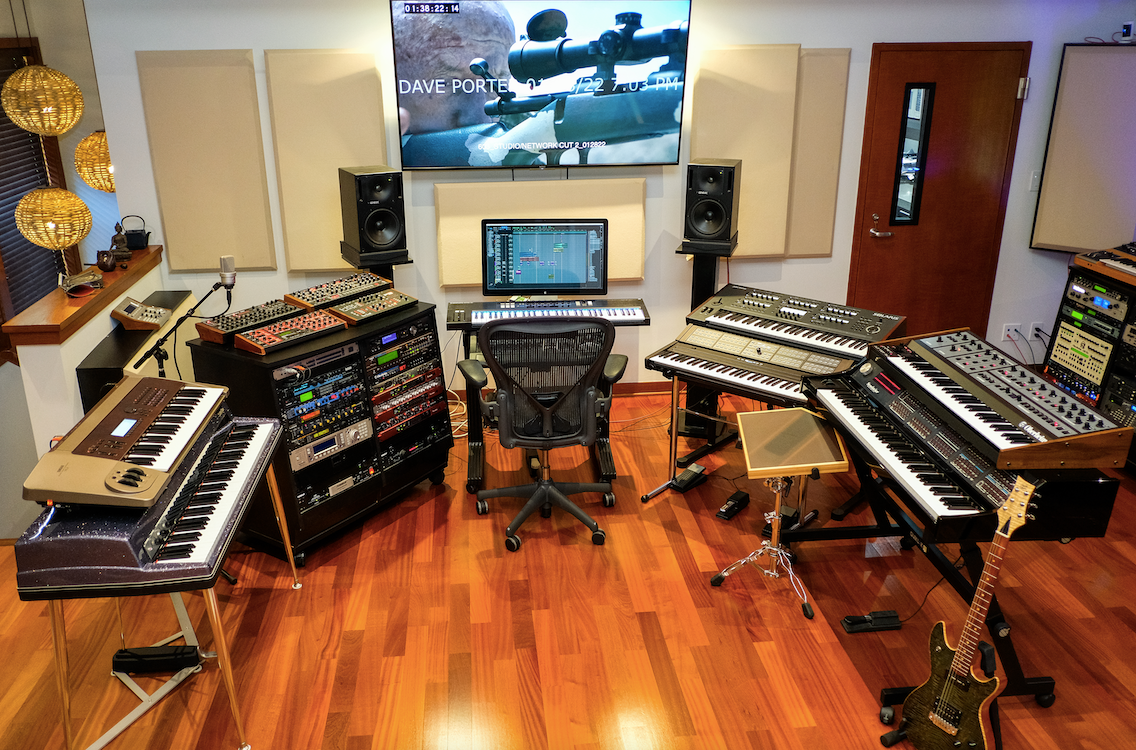After six seasons, two finger guns through a jail yard fence signalled the end of Better Call Saul, Breaking Bad’s critically acclaimed prequel (and sometimes sequel). For Dave Porter, it closes the door on 15 years of work with Vince Gilligan, with the L.A-based composer scoring the music for the entirety of ‘the Gilliverse’, comprising Breaking Bad (including its iconic opening theme), Better Call Saul, and El Camino: A Breaking Bad Movie. He explains why, despite it being all over, it’s all good.
Does Kim die? What happens to Jimmy? These are the kinds of questions Porter no longer has to fend off from enquiring Better Call Saul fans now that the series has come to an end.
“My friends and family know me better than to have bothered me with those questions, but I am glad to not have to retain those secrets anymore,” he says, sounding relieved.
“It is a pain, especially when everybody's excited and you want them to be as excited as you are. But it is good to have it all out there. I don't have to worry about any slip ups.”
Breaking Bad was a tough act to follow, considered to be one of the greatest television shows of all time – collecting 110 industry awards along the way.
However, it quickly became apparent that Better Call Saul was an exquisitely-crafted piece of television in its own right – more than holding its own against its looming predecessor (some going as far as to say it is actually better) and receiving its own critical acclaim, with particular praise for its acting, characters, writing, direction and cinematography.
